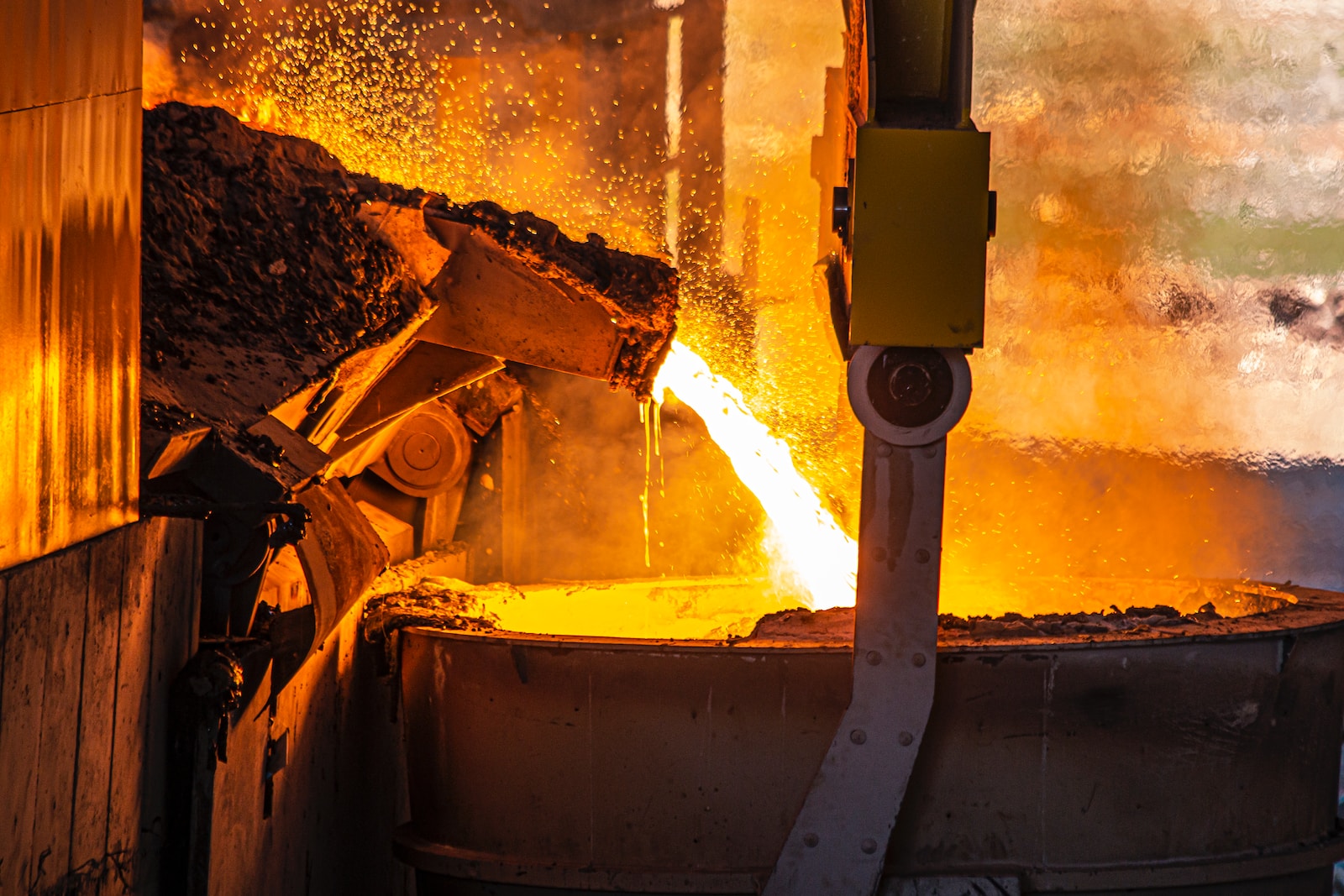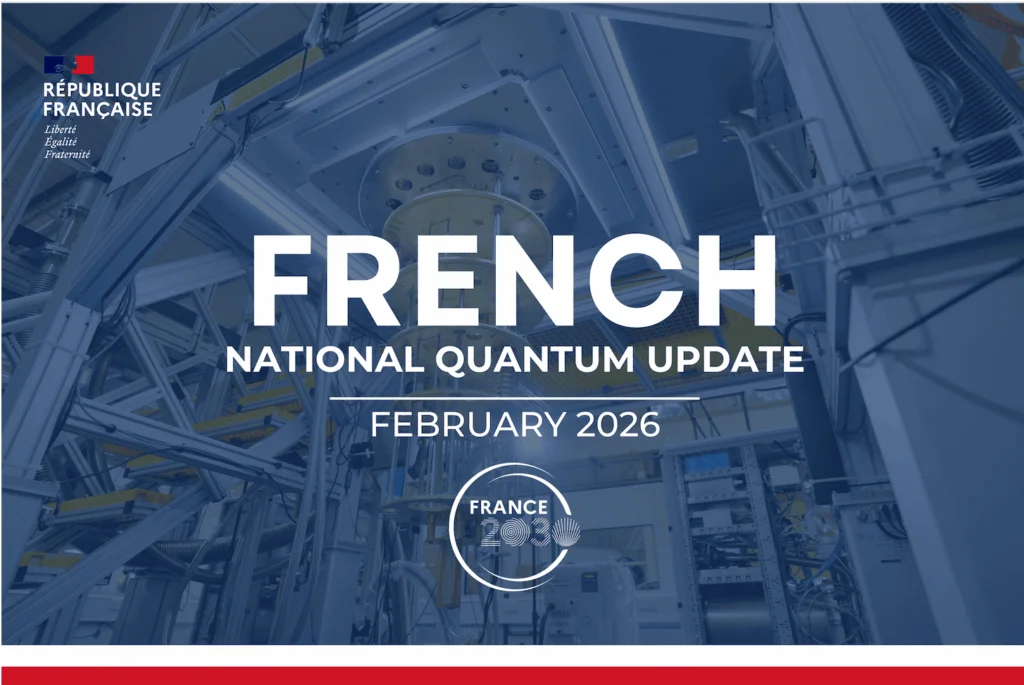Insider Brief
- POSCO Holdings, the South Korean steel company will cooperate with the French company PASQAL and the Korean company Qunova Computing to develop quantum computing technologies.
- Qunova Computing is the first quantum computer venture company in Korea created by KAIST teacher start-up program.
- Critical Quote: “We expect to secure quantum computing technology through cooperation with PASQAL and utilize quantum computing technology for the group’s main business, steelmaking, and eco-friendly future material technology development.” — Kim Ji-Yong, head of POSCO Holdings’ New Experience of Technology Hub and CTO of POSCO Group.
PRESS RELEASE — POSCO Holdings, the South Korean steel company, has decided to cooperate with the French company PASQAL and the Korean company Qunova Computing in developing quantum computing technologies, anticipating the development of innovative technologies needed for the group’s future growth business.
Quantum computers have demonstrated their capacity to perform calculations beyond existing supercomputers. Upon completion of commercial development, this innovative technology is expected to solve the most pressing humanity’s challenges.
Co-founded by Alain Aspect, Professeur (chaire Augustin Fresnel) à l’Institut d’Optique Graduate School / Université Paris-Saclay, Professeur à l’École Polytechnique / Institut Polytechnique de Paris, Directeur de recherche émérite au CNRS and Nobel Prize in Physics winner in 2022, expert in hardware and software for quantum computers, PASQAL is a leading French company specialized in quantum computer development.

Qunova Computing is the first quantum computer venture company in Korea created by KAIST teacher start-up program, and has strengths in developing quantum computing software for the development of new materials.
POSCO Holdings New Experience of Technology Hub plans to conduct research and development of quantum AI algorithms jointly with PASQAL. The two companies plan to focus their capabilities on developing innovative technologies, such as optimizing the eco-friendly steelmaking process and developing secondary battery materials by combining POSCO Group’s AI technology and PASQAL’s quantum computer technology.
Quantum computers can perform faster calculations than conventional computers by using physical properties of quantum that cannot be explained by classical physics, such as particles having two properties at the same time (for example, having one atom in two energy states at the same time) , and two particles correlated in the same quantum state, although separated by long distances.
Once commercially developed, quantum computers are expected to be a major technology that will not only solve human energy, food, and health problems that supercomputers cannot solve, but also bring innovation in various fields such as automobiles, chemistry, medicine, logistics, and finance.
“Quantum computers have the potential to implement computing tasks that would be intractable with classical means,” said Georges-Oliver Reymond, CEO of PASQAL. Kim Ji-yong, head of POSCO Holdings New Experience of Technology Hub, emphasized, “We expect to secure quantum computing technology through cooperation with PASQAL and utilize quantum computing technology for the group’s main business, steelmaking, and eco-friendly future material technology development.”
The two companies plan to hold regular technology exchanges in the future and strengthen their technological competitiveness by solving problems to help achieve a sustainable future for humankind.
POSCO Holdings consortium was selected as a national project in April by contesting the National Research Foundation of Korea’s Quantum Computing-based Quantum advantage Challenge Research Project. The POSCO Holdings consortium plans to develop technologies that increase the accuracy of material characteristics analysis such as solid electrolytes and reduce the time required by using quantum computers after receiving 2.75 billion won from the Ministry of Science and ICT for three years.
For more market insights, check out our latest quantum computing news here.















